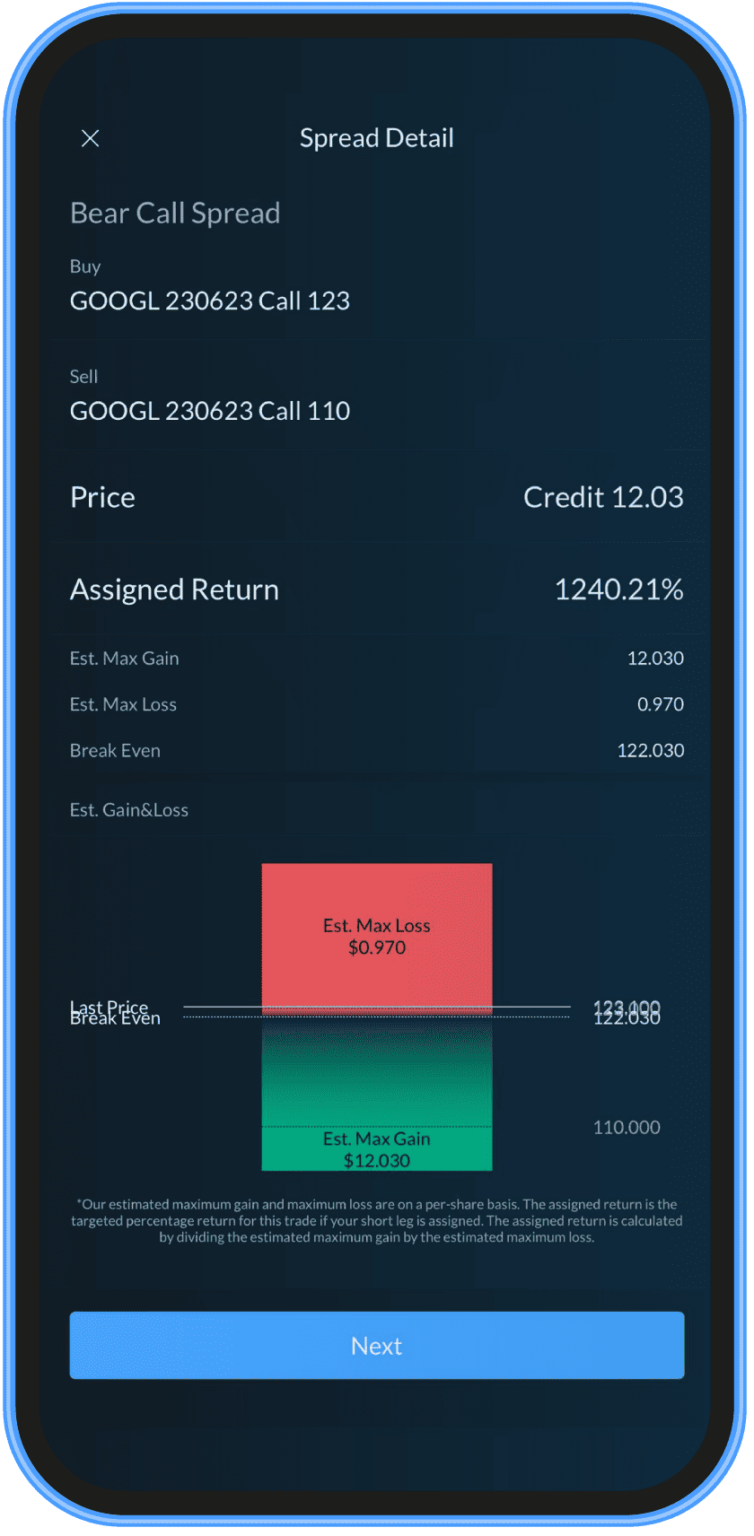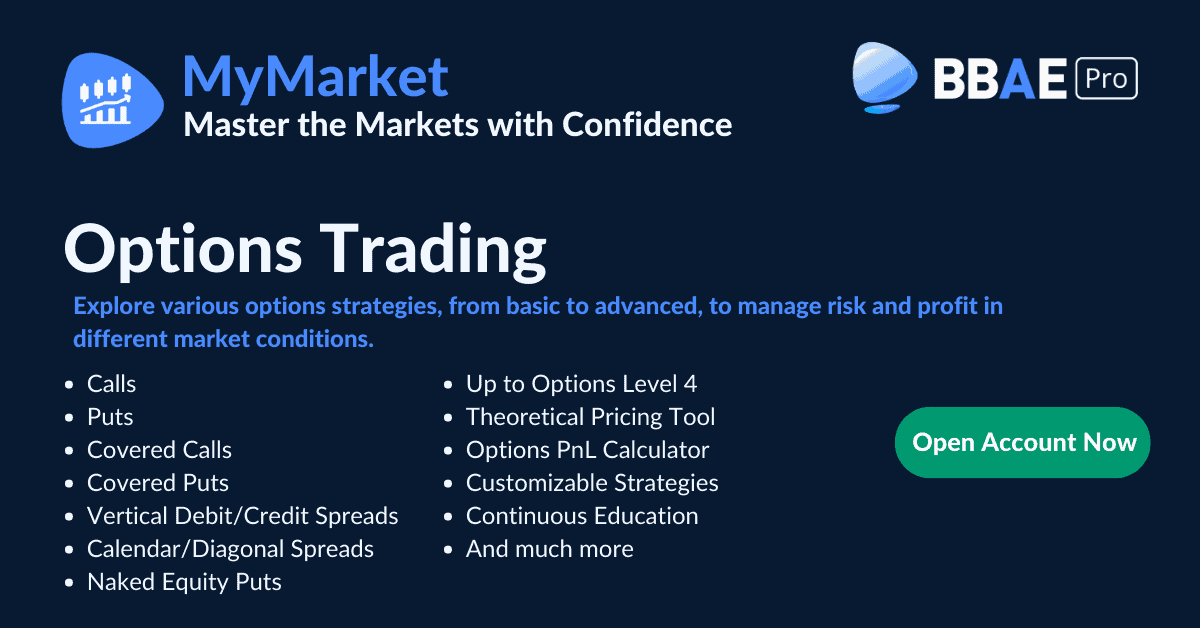Imagine a stock is currently trading at $50. An investor believes that the stock will remain relatively stable over the next month and wishes to profit from this lack of volatility. To take advantage of this market outlook, they choose to set up a butterfly spread.
Here’s how the investor constructs this strategy:
Buy a Lower Strike Call: The investor buys a call option with a $45 strike price, paying a premium of $6. This means they spend $600 (since 1 option contract typically represents 100 shares).
Sell Two At-The-Money Calls: The investor sells two call options with a strike price of $50, receiving a premium of $4 per share for each contract, or $400 per contract. This results in a total received premium of $800. This expresses the investor’s belief that the stock will stay close to this price.
Buy a Higher Strike Call: To cap potential losses, the investor buys a call option with a $55 strike price for a premium of $2, or $200 for one contract.
The net debit (cost) for establishing this spread is $0 ($600 + $200 for the bought calls minus the $800 received from the sold calls).
Outcome scenarios:
Stock stays exactly at $50 at expiration: This is the best-case scenario for the investor. The $45 call that the investor bought is in the money and will be worth $500. The $55 call they bought and the two sold $50 calls they sold expire worthless. The investor’s profit is the value of the $45 call minus the net debit of the spread, which is $0 in this case. Therefore, the investor’s profit will be $500.
Stock falls below $45 or rises above $55 at expiration: The investor’s maximum loss, in this case, is limited to the net debit paid, which is $0 in this scenario.
Stock ends up between the strike prices at expiration: The exact profit or loss will depend on the stock’s precise price within this range, and it could vary from a small profit to a small loss. This strategy is most profitable when the stock price remains very close to the middle strike price ($50 in this example).
The butterfly spread allows the investor to profit from a neutral market outlook with limited risk. When set up at no cost (as in this example), the investor has a chance for a profit if the stock stays close to the middle strike, with no risk if the stock moves significantly away from that price.
Disclaimer: This article is for informational purposes only and is neither investment advice nor a solicitation to buy or sell securities. Investing carries inherent risks. Always conduct thorough research or consult with a financial expert before making any investment decisions.
p.s. If you don’t yet have a BBAE account, we are still offering an up to $400 sign-up bonus for your first deposit. Get it while it lasts!















